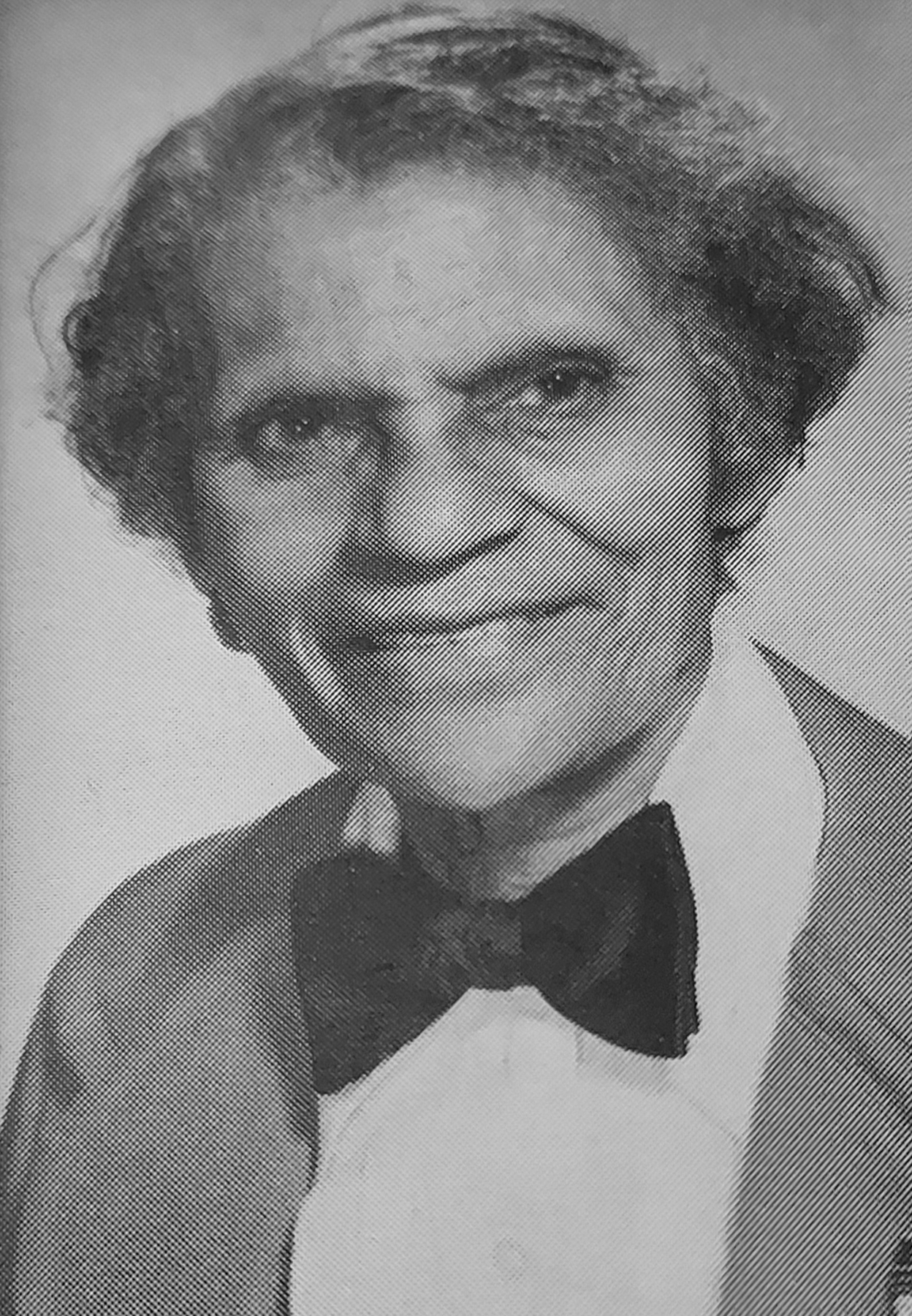Addie Fletcher Booth was an educator, civil rights activist, and labor organizer. She was born Addie De Vault on October 29, 1902 in Independence, Texas to Reuben and Anis Gee De Vault. Although very little is known of her early life, she enrolled in Prairie View State Normal & Industrial College (now Prairie View A&M University) in 1917 at 15 years old and completed a second-grade teaching certification program in 1922. In 1923, she married Frank Fletcher, however, the record is unclear of what happened to their relationship. Booth moved to Shreveport, Louisiana and worked for several years as a teacher. There, she met and married William Ladd Booth, a Pullman porter, in the late 1930s.
The couple moved to Seattle in 1943 and, immediately upon arrival, Booth secured a defense job at the Boeing Airplane Company. A year later in 1944, she left Boeing to work as a domestic laborer for Vinson Joseph Gottstein, a real estate tycoon and owner of the Longacres Racetrack. Despite her years of teaching experience, the Pacific Northwest presented constrained employment opportunities for black women. Wartime jobs were only temporary, and the Seattle Public Schools refused to hire black teachers, educators, and administrators. Due to pervasive employment discrimination and her husband’s involvement with the black-led labor union, the Brotherhood of Sleeping Car Porters (BSCP), Booth became an active member of the Seattle Ladies’ Auxiliary of BSCP serving as the secretary-treasurer. The auxiliary aimed to support the BSCP, but they also represented and unionized black women dining car workers and maids, coordinated fundraisers, and arranged political labor meetings.
In 1947, Booth and the Seattle Ladies’ Auxiliary made it possible for national black labor leaders of the BSCP, A. Phillip Randolph and C.L. Dellum, to visit Seattle. Randolph spoke on the political developments around the Fair Employment Practices (FEP) legislation and encouraged the audience to support the measure. Two months after his visit, Booth led an interracial coalition of labor leaders from various organizations and established the Washington State Council for the federal Fair Employment Practices Committee. Serving as the founding chairwoman, Booth and the newly organized council planned to raise $5,000 to help finance FEP initiatives by sending representatives to lobby the legislature and by building a strong grassroots political campaign on the local level. For the next two years, the council as well as several civic and political organizations such as the Seattle NAACP and the Seattle Urban League urged legislators in Olympia to declare economic security a civil right and to pass a fair employment practice law in Washington state.
After mounting pressure, the state legislature decisively affirmed that discrimination was “a matter of state concern,” and enacted an FEP law in 1949 to prohibit employment bias regardless of race, creed, religion, and national origin. The law also created a state board against discrimination. The interracial coalition-building between the Seattle Ladies’ Auxiliary and other civic and labor groups brought about the first anti-discrimination employment law in the state.
Booth continued her civil rights and labor activities in the auxiliary and as a member of the Seattle NAACP. Reportedly, she used her connections at the racetrack to obtain material resources from wealthy “friends” to help aid community members and fundraise for community institutions such as her home church, Mount Zion Baptist Church. On April 20, 1996, Booth died from a stroke. She was 93 years old.

